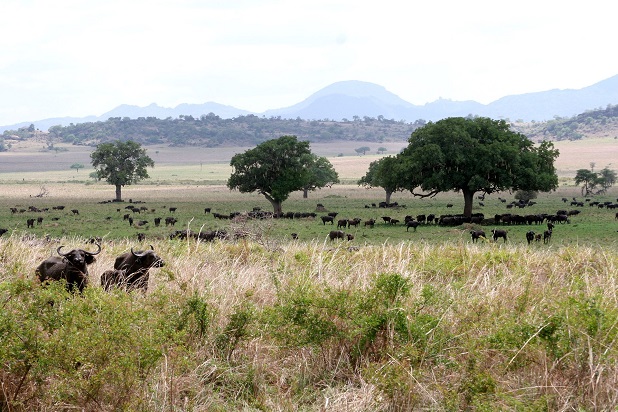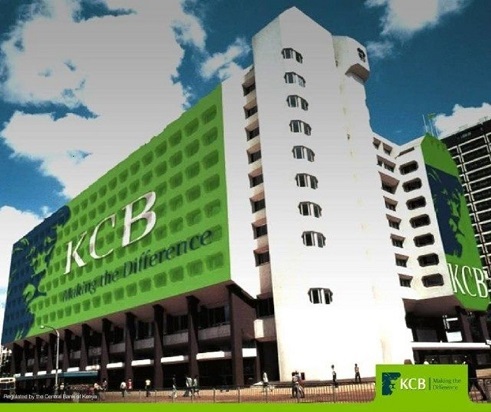The Uganda Wildlife Authority (UWA) has blamed the deadly famine in Karamoja sub region on the conflict between humans and wildlife, revealing that between July and August 2022, animals have destroyed crop gardens ranging between 200-300acres.
The revelation was made by Sam Mwandha, Executive Director UWA while appearing before Parliament’s Presidential Affairs Committee that is investigating the latest spell of famine that is said to have claimed lives of over 900 people.
Mwandha informed the Committee that Karamoja is home to Kidepo Valley National Park which is 1,440Kms, and until 2002, about 75% of Karamoja was gazetted for wildlife conservation and after that, most areas in Karamoja previously gazetted as controlled hunting areas were degazetted and land reverted back to district local governments.
“Unfortunately, the wildlife that used to roam in these areas did not understand, let alone appreciate that the areas were degazetted for human settlement and cultivation. This is especially true for elephants and buffaloes that still utilize areas they used to occupy hence persistent human wildlife conflicts,” he explained.
Mwandha further added that Karamoja sub region is so massive and almost uniformly wild that conventional problem animal infrastructure such as electric fence trenches or stone walls may not be feasible to control animals from crossing over to people’s gardens, thus prompting the Authority to set aside Shs350Mn from the sport hunting revenue to fund crop damages focusing on small holder farmers and this will be starting in one month’s time
“Between July and August 2022, a quick survey was conducted by Kidepo Valley Conservation Area staff that led to an estimated 200-300 acres of crop damage for the entire landscape. About 90% of the crop damage has occurred on maize gardens and largely by elephants,” said Mwandha.
Francis Adome (Moroto Municipality) while responding to the statement by UWA described the contents as unfortunate because the wildlife destruction is happening at the time the region is facing famine and drought yet the Authoruty hasn’t operationalised regulations in the Uganda World Life Act 2019 that stipulates compensation to victims in case of destruction of lives and property by wildlife.
“Why it becomes serious is because Karenga and Kaabong are food baskets because they are part of the green areas in Karamoja region and they were our only hope. These are things that happen seasonally, there are seasons when elephants are expected to move out of the park, so they should have protected people from those animals,” said Adome.
Jesca Ababiku, Chairperson Presidential Affairs Committee castigated UWA for failing to improve on their relationship with communities neighbouring game parks, wondering why the Authority doesn’t consider providing seedlings monitor to residents whose gardens are destroyed by animals.
“We want to be open to you, you have created more enemies than before, so I propose that you improve on your relationship with the communities. That crops have been destroyed, people have been killed, but then facilitate the MPs, I need money for the burial when people are dead, when crops are destroyed, give me the seedlings for people to plant,” said Ababiku.
The Authority revealed that in 2021/2022, a total of 590 cases of human-wildlife conflicts caused by animals were reported to UWA and in the current FY which has gone into one and half months, 67 cases have so far been reported in Karamoja.
Documents before the Committee indicates that six people lost their lives after being attacked by animals and there were concerns raised in the disparities in compensation money paid.
Joseph Adupa lost his life in March 2022 after being attacked by an elephant and compensation fee was Shs1M, while another person recorded as Natyang was attacked by a buffalo and died in February 2016 and the compensation was Shs3M.
Simon Loyoo died in September 2020 after an elephant attack and compensation was Shs2.5M, while Apalowalong Lokut was attacked by an elephant but survived with injuries but received a compensation of Shs6.3M.





